
Read or listen offline
Recommendation
Economic researcher Shahin Vallée makes a case for the “internationalization” of China’s renminbi (RMB) and explains how it could become a major world currency, albeit through nontraditional channels. While the Chinese government is taking steps to liberalize the currency – such as using offshore markets, establishing pilot programs and issuing sovereign RMB debt – other challenges await the RMB if it is ever to rival the US dollar and the euro. These issues include whether China will engage more fully in the international financial community by becoming a de facto lender of last resort, loosening financial restrictions, and launching broad economic and legal reforms. Vallée carefully points out the issues that hobble the RMB’s road to internationalization and shows how China could bring it to world-class levels in 30 years. The pivotal decisions still lie in the hands of Chinese officials for whom political stability trumps all other cards. getAbstract sees this working paper as a useful tool for currency watchdogs, traders or anyone with an eye on China’s fast-changing financial picture.
Take-Aways
About the Author
Shahin Vallée is an economic adviser to European Council President Herman Van Rompuy.









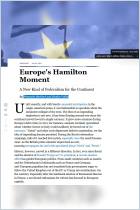
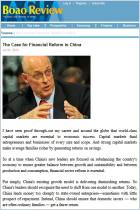
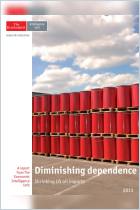
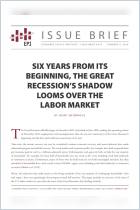

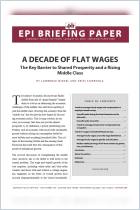
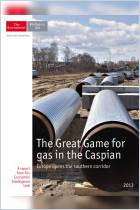



Comment on this summary or 开始讨论